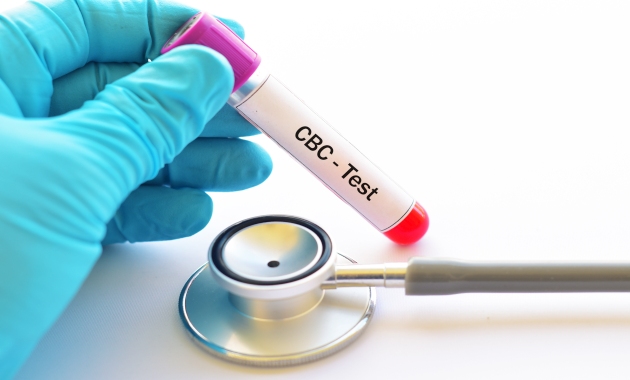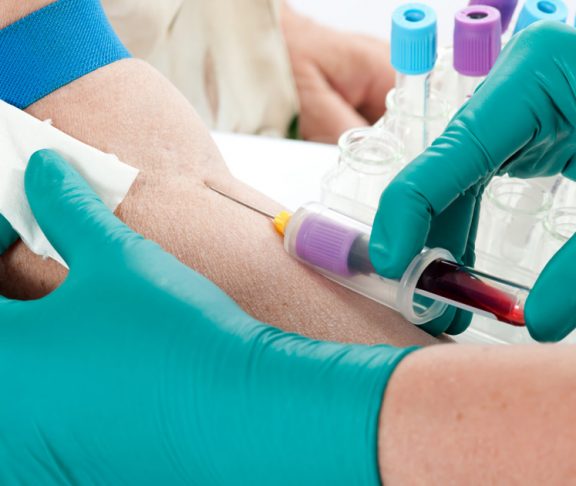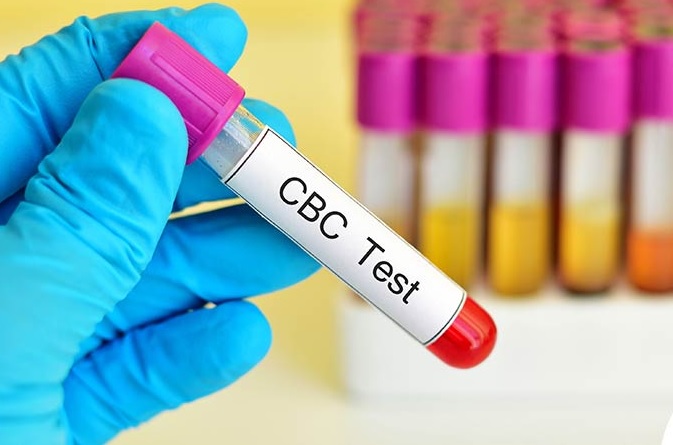In the ever-evolving landscape of modern medicine, one tool has emerged as a powerful ally in diagnosing and monitoring various health conditions: the Complete Blood Count (CBC) report. This unassuming document, often a routine part of a patient’s medical evaluation, holds a wealth of information that healthcare professionals utilize to gain valuable insights into a person’s overall health. In this article, we will delve into the significance of CBC reports in healthcare and how they are revolutionizing the way we understand and manage our well-being.

A Comprehensive Snapshot of Health
The CBC report is a blood test that provides a comprehensive overview of the cellular components of our blood. It primarily focuses on three main types of blood cells: red blood cells (RBCs), white blood cells (WBCs), and platelets. Each of these components plays a crucial role in maintaining our health, making the CBC an invaluable tool for healthcare practitioners.
Red Blood Cells (RBCs): The Oxygen Carriers
RBCs, also known as erythrocytes, are responsible for transporting oxygen from the lungs to every cell in the body and carrying carbon dioxide back to the lungs for exhalation. A CBC report provides information about the number of RBCs, their size, and hemoglobin content. Deviations from normal values can indicate anemia, a condition characterized by a lack of oxygen-carrying capacity, or other blood disorders.
White Blood Cells (WBCs): The Immune Defenders
WBCs, or leukocytes, are the body’s defense against infections and diseases. Their levels and types can indicate the presence of infections, inflammation, or certain immune system disorders. Monitoring WBC counts through CBC reports allows healthcare providers to identify and manage various health conditions promptly.

Platelets: The Clotting Agents
Platelets, or thrombocytes, are essential for blood clotting. An abnormal platelet count may indicate a bleeding disorder or an increased risk of clot formation, potentially leading to conditions such as deep vein thrombosis or stroke. By assessing platelet levels, healthcare professionals can take preventive measures to reduce these risks.
Beyond the Basics: Advanced CBC Testing
While the standard CBC report covers the essentials, advanced testing can provide even more insight. For example, a CBC with differential can determine the proportions of different types of white blood cells, which is essential for diagnosing specific infections or conditions such as leukemia.
Personalized Medicine and CBC Reports
As medicine advances, personalized healthcare becomes increasingly important. CBC reports play a pivotal role in this shift by helping healthcare providers tailor treatments to individual patients. By closely monitoring CBC values over time, doctors can adjust medications and therapies, ensuring that they are both effective and safe for the patient.
The Future of Healthcare with CBC Reports
The CBC report’s significance in healthcare is undeniable, but its potential is still expanding. With advancements in technology and data analysis, the information gleaned from CBC reports can become even more nuanced and informative. Artificial intelligence and machine learning algorithms can assist in identifying patterns and correlations in CBC data that may not be apparent to the human eye, thereby aiding in early disease detection and prevention.
Conclusion
The humble CBC report is a powerful tool that continues to revolutionize healthcare. Its ability to provide a comprehensive snapshot of our health, guide treatment decisions, and contribute to the era of personalized medicine makes it an invaluable asset in the hands of healthcare professionals. As technology and medical knowledge continue to advance, the role of CBC reports in safeguarding and improving our well-being is set to become even more critical.
Read More:- 15 Days Detox: A Complete Guide to Cleansing Your Body
Read More:-Exploring the Multifaceted World of Tea: Unearthing Its Unexpected Effects


